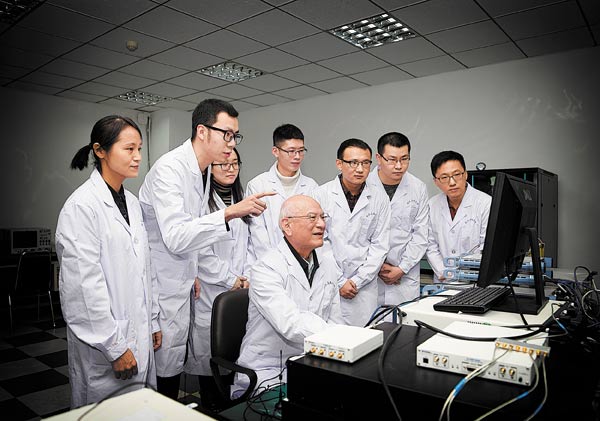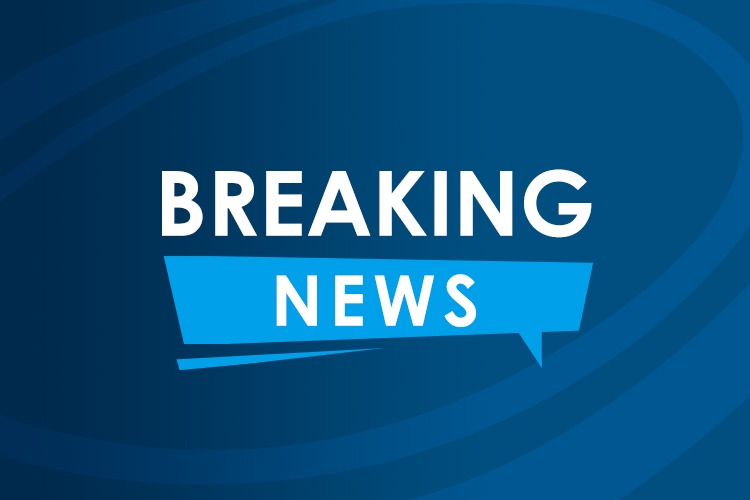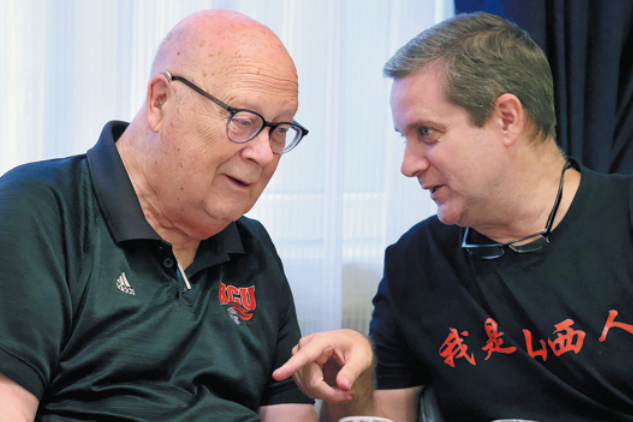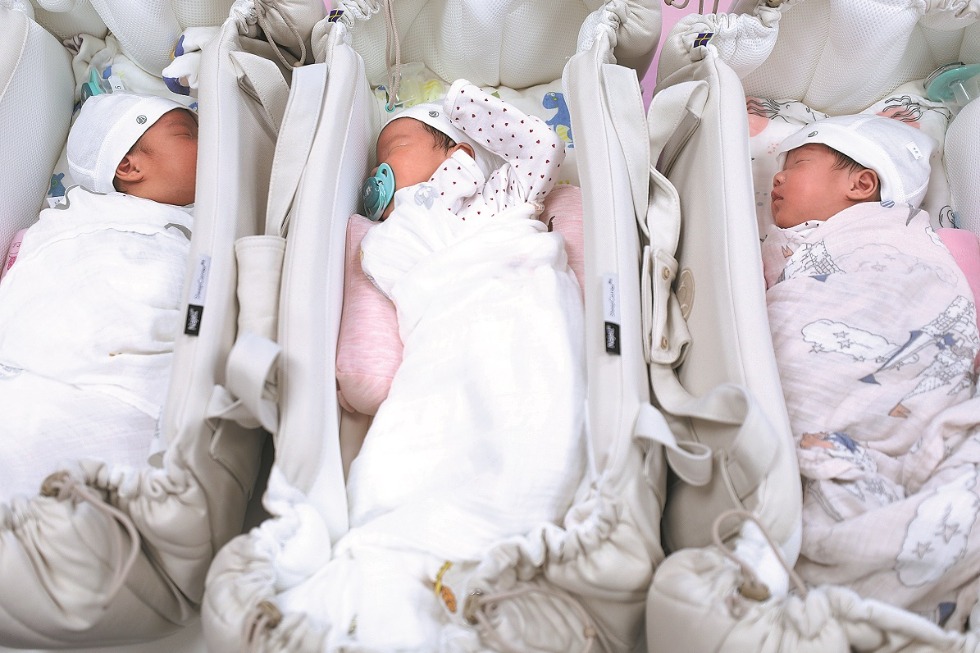Visionary scientist helps China see benefits of radar technology
By ZHOU HUIYING | China Daily | Updated: 2021-09-30 10:13

Over the past four decades, 85-year-old Liu Yongtan has dedicated himself to the research of radar technology.
Liu was awarded the title Role Model of the Times by the Publicity Department of the Communist Party of China Central Committee in recognition of his achievements on Wednesday.
An academician with the Chinese Academy of Sciences and the Chinese Academy of Engineering, and a professor at the Harbin Institute of Technology in Heilongjiang province, Liu is a renowned expert in radar and signal processing technologies, and the originator of China's new radar systems for maritime navigation and defense.
Born in an intellectual family in Nanjing, Jiangsu province, in 1936, Liu had to endure a displaced childhood due to the War of Resistance Against Japanese Aggression (1931-45).
His parents named him Yongtan, meaning "eternal serenity", to express their wish for their son to live in a peaceful nation.
Throughout Liu's early childhood, his mother kindled his patriotism and curiosity by encouraging him to read Chinese history and literature. His father also instilled in him a passion for science by telling him how it could be used to save and revive the nation.
"In my childhood, I got a deep understanding of the country's rise and decline," he once said, according to a news release from the Harbin Institute of Technology. "Fortunately, I survived and had the opportunity to work hard and dedicate myself to changing the fate of my country."
With a great sense of national duty, Liu was admitted to the electrical engineering department at Harbin Institute of Technology in 1953.
Because of his excellent academic performance, in 1956, in his third year in college, he was assigned to study radio technology at Tsinghua University.
During two years of study at Tsinghua, Liu realized the great importance of radio technology, which revolutionized humanity's technological blueprint, way of life and the way war was waged in the 20th century.
Therefore, after returning to the institute in 1958, he helped in founding its radio engineering department.
In 1978, Liu went to the United Kingdom to start his study of radar technologies at the University of Birmingham, where he received new insights into the field.
"National security can be guaranteed only as far as its radar can see," he said. "At that time, other countries had already begun to develop new radar systems, raising in me a burning desire to help my country build a modernized radar system, which was sorely needed for both national defense and commercial activities."
























